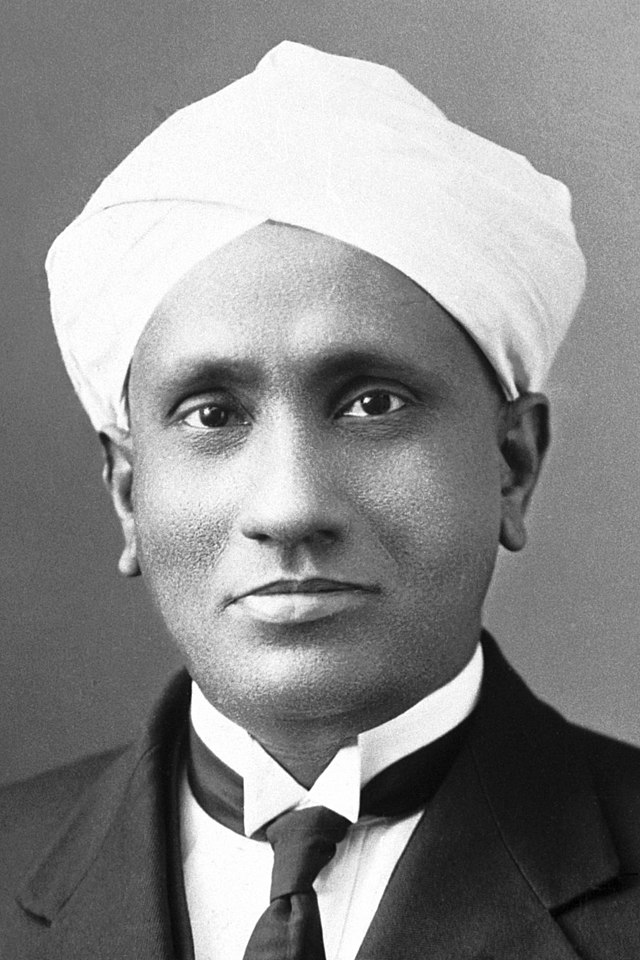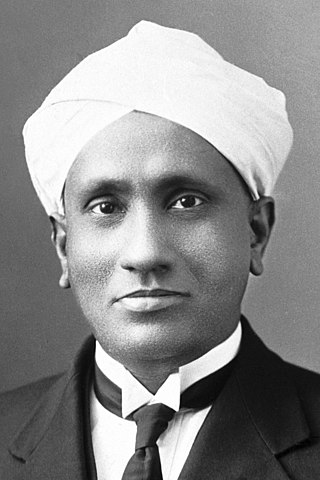C. V. Raman
Indian physicist (1888–1970) From Wikipedia, the free encyclopedia
Remove ads
Sir Chandrasekhara Venkata Raman, FRS[1] (7 November 1888 – 21 November 1970) born in Thiruvanaikoil was an Indian physicist. He studied light scattering. He won the Nobel Prize in Physics in 1930 for his work in physics. He discovered that, when light passes through a transparent material, some of the deflected light changes in wavelength. This phenomenon is now called Raman scattering and is the result of the Raman effect. He died of natural causes in his institute garden surrounded by flowers.[2] He was awarded the Bharat Ratna in 1954.[3][4] Read More..

Born on November 7, 1888, in the city of Tiruchirappalli, India, Raman's early years were marked by a keen fascination with the wonders of the natural world. From a young age, he displayed an extraordinary curiosity, spending countless hours observing and experimenting with various scientific phenomena. His inquisitive nature propelled him towards a path of scientific exploration that would shape his remarkable career. Read More...
Raman's insatiable thirst for knowledge and his commitment to scientific inquiry led him to pursue higher education at the Presidency College in Madras (now Chennai), where he studied physics and excelled in his academic pursuits. It was during his time as a student that he first encountered the phenomenon that would become the focus of his groundbreaking research—light scattering.
Raman's fascination with the scattering of light sparked a curiosity that would drive him to unravel its secrets. In 1921, while aboard a ship in the Mediterranean Sea, Raman made a remarkable observation. He noticed that when sunlight passed through transparent materials such as water, the scattered light displayed different colors compared to the incident light. This phenomenon, which came to be known as the "Raman Effect," held the key to unlocking a wealth of information about the molecular structure of matter. Read More...
Remove ads
References
Wikiwand - on
Seamless Wikipedia browsing. On steroids.
Remove ads
